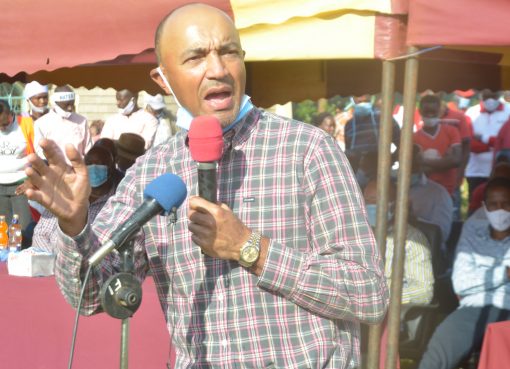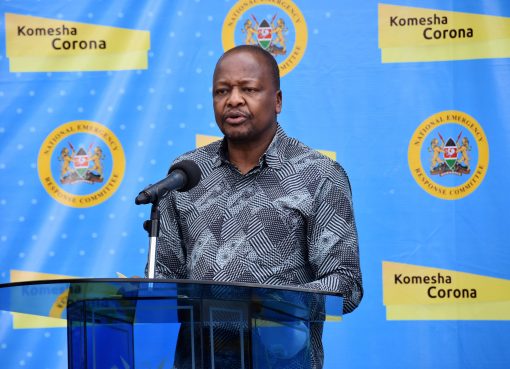The Inuna Mama, Jenga Taifa mashinani parliamentary women group now says they are focusing on empowering women at the grassroots.
The group that comprise of over 30 MPs both nominated and elected in the senate and national assembly toured Garissa and Tana river counties Friday, where they expressed willingness to support women groups, youth and people living with disabilities.
Speaking at Garissa primary playgrounds ,the groups’ chair Alice Wahome said that they have come to the realization that women have in the past been used by the political class only to be abandoned when the elections are over.
The Kandara legislator said that the group is not alienated to any of the emerging factions among them Tangatanga, Kieleweke and team embrace nor is it in 2022 succession politics.
“We started in West Pokot then went to Malindi and today we are here in Garissa and Tana River with the sole aim of raising funds for women at the grassroots most of whom are currently breadwinners for their families, “Wahome said.
“We shall also support the youth and people living with disability whom we feel that they have also been left out,” he added.
On her part, Kenya Women Parliamentary Association group (KEWOPA) chair Purity Ngirichi said that despite their numbers women have not capitalized it to position themselves in the political arena.
“Women at the grassroots are used to dance for the political class who comprise mostly men but when it comes to sharing of resources and major decision makings they are left out,” Ngurichi said.
“Let it be clear that this is not a campaign to isolate men but we want as women to be recognized and given our rightful share in terms or resources and positions,” she noted.
Rehema Jaldesa, the Isiolo women representative said that the ‘whole idea is not to promote the political class alone’ and that is why they are targeting women at the grassroots who have no or little say in the day today political arena.
Nominated senator Falhadha Iman said women in the rural areas play a key role in putting food on the table and that is why they have come up to empower them so that they can also provide for their families.
“As things stand today it is not the sole responsibility of men to provide for their families but it is a shared role. This is something in the public domain but some men will not agree with me,” Iman said.
By Jacob Songok



